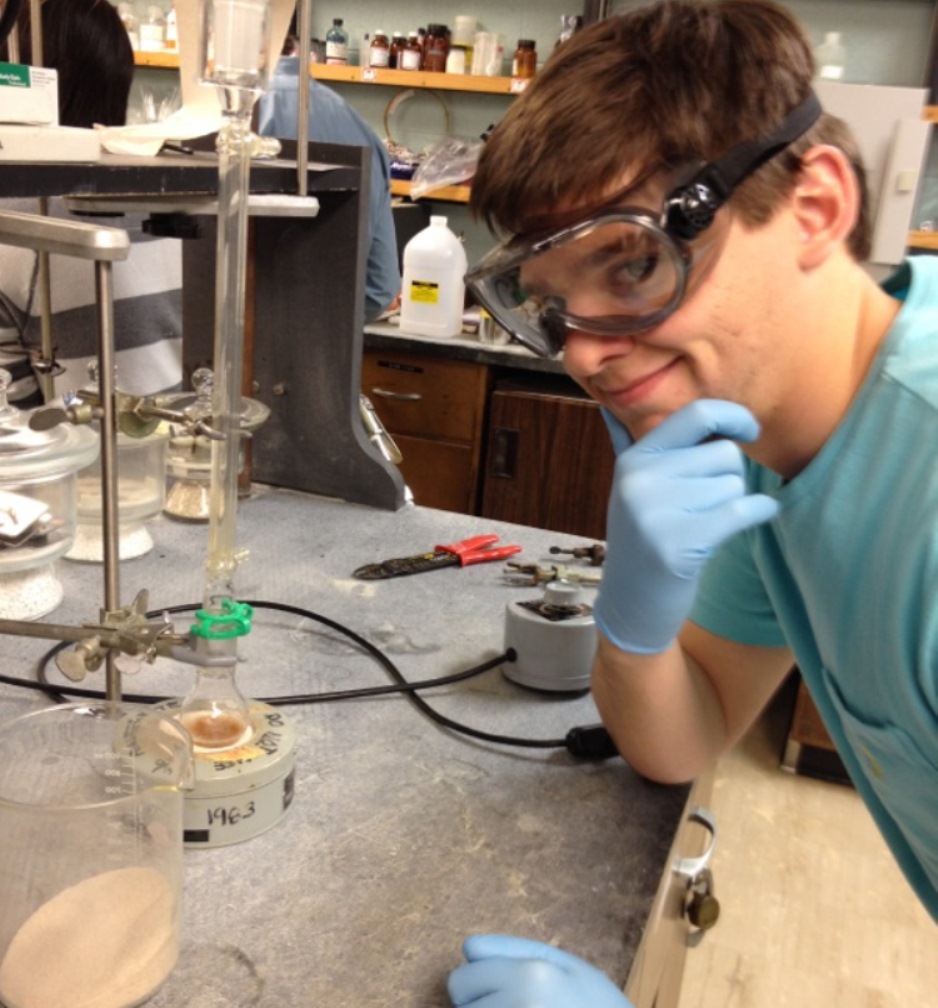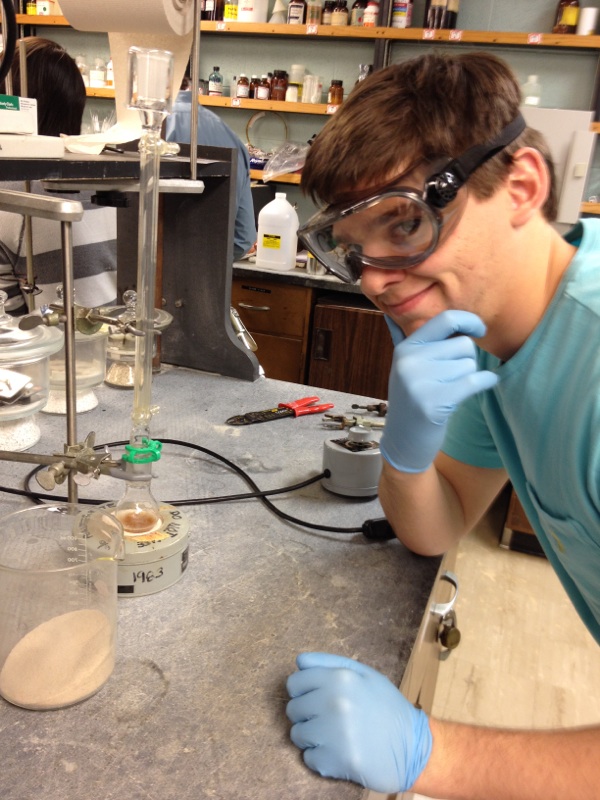Behind the scenes of Sutton’s lab assistant program
There are a group of students on the Maryville College campus that have not received much attention for their hard work. They are the Sutton science lab assistants, an integral part of many lab classes at MC.
The lab assistant program was piloted in the 2011-12 school year, and funded with a congressional appropriation from the United States Department of Education. From the start, the program was successful.
However, according to Dr. Jerilyn Swan, division chair of the natural sciences, difficulty arose when the appropriation ran out. In order to continue the program, the department decided to consider working as a lab assistant a practicum credit.
Tyler Carter was a lab assistant the year they piloted the program. He is an aspiring teacher, so seeing the lab process through the eyes of an instructor is what he enjoyed the most.
“[The program] gave me affirmation to see myself and enjoy myself doing what Dr. Swan was doing,” Carter said. “I also got to see the human side of the professor, step into their shoes and take on their roles. It became my back stage pass to inside the nerd studio.”
Carter, like other lab assistants, was specifically sought out by professors because of his excellent class performance. After being selected, lab assistants are required to meet with the professor on a routine basis in order to discuss the workings of each lab, as well as set up or take down materials.
Labs can involve mixing chemicals, disposing of wastes or even preparing several test tubes for each student. Many times students show up to lab with all supplies and equipment already prepared, and they do not think about how the materials got there in the first place. That’s all thanks to the lab assistant. Along with preparation, assistants are also present during the lab to answer questions and help it run smoothly.
The benefits of being a lab assistant are not just contained within the borders of MC. It provides real life experience that can even go on a resume for internships and graduate school. Professors and lab assistants develop a closer relationship than most students, which leads to more meaningful recommendation letters and useful experience.
All of these benefits do not come easy to the lab assistants. The job is a huge time commitment.
“The time commitment is the most difficult thing,” said Josh Revilla, a current chemistry lab assistant. “I spend six hours a week as an assistant, and about six hours as a lab student.”
Even though it requires so much time, Revilla said he enjoys the experience, as well as the opportunity to guide his classmates.
“It makes me actually realize how much I learned back in general chemistry,” Revilla said. “Plus, I am very proud to be a lab assistant because it shows other students that it is possible to get through hard classes like chemistry.”
Swan said she is enthusiastic about the program continuing. She believes that, without the lab assistants, the labs would not run as smoothly.
“It is an incredible experience for students that can help them think about future possibilities,” Swan said. “It can also lead to vocational opportunities that they can compete more successfully for in the future. Along with that, the prep and the delivery is just fun.”


